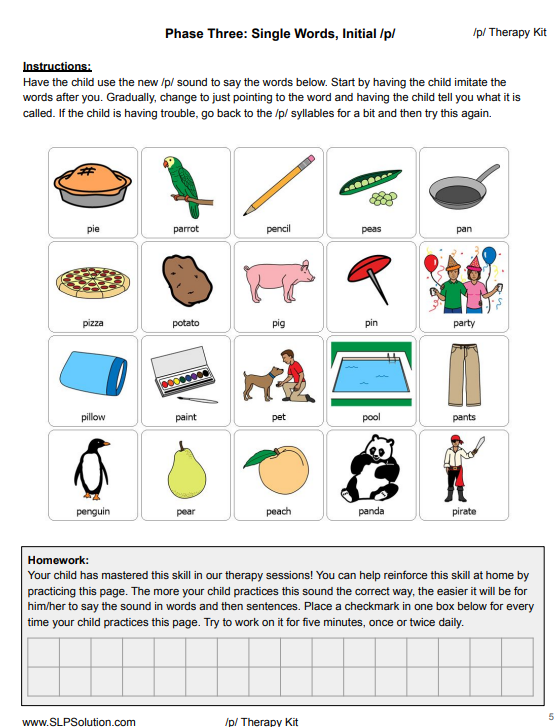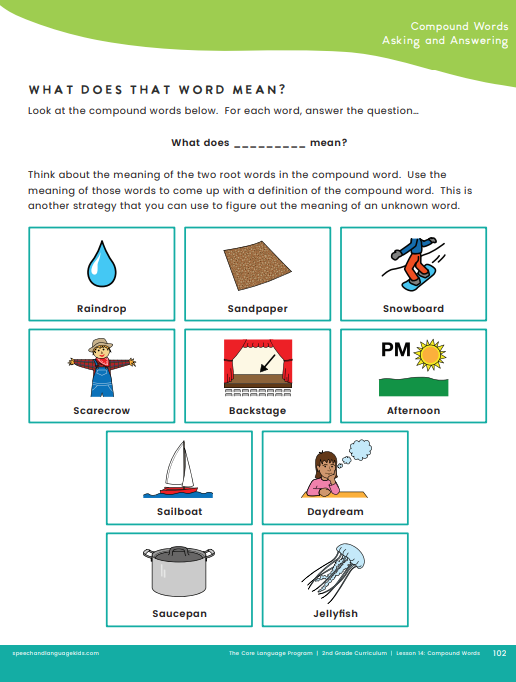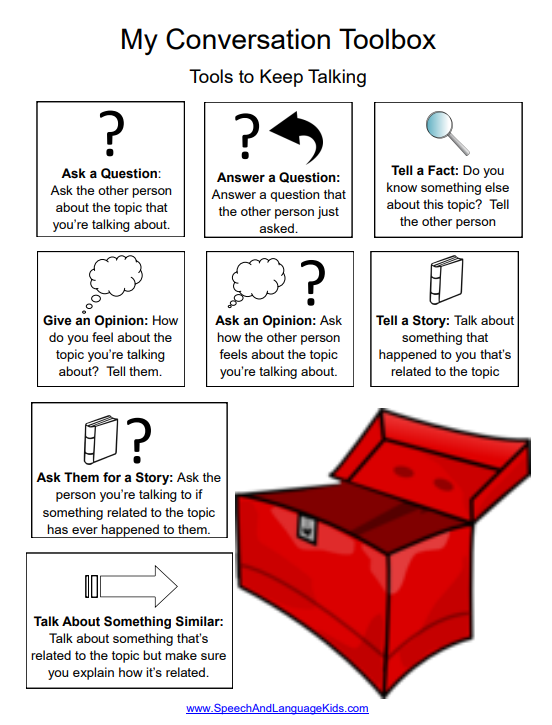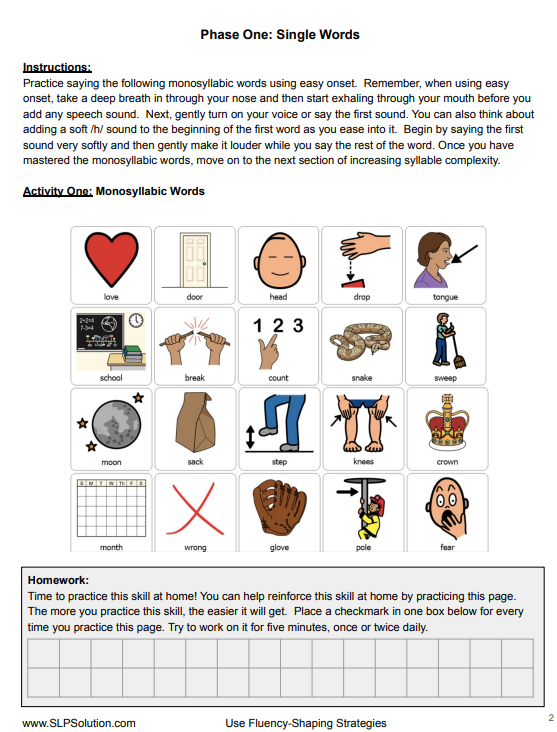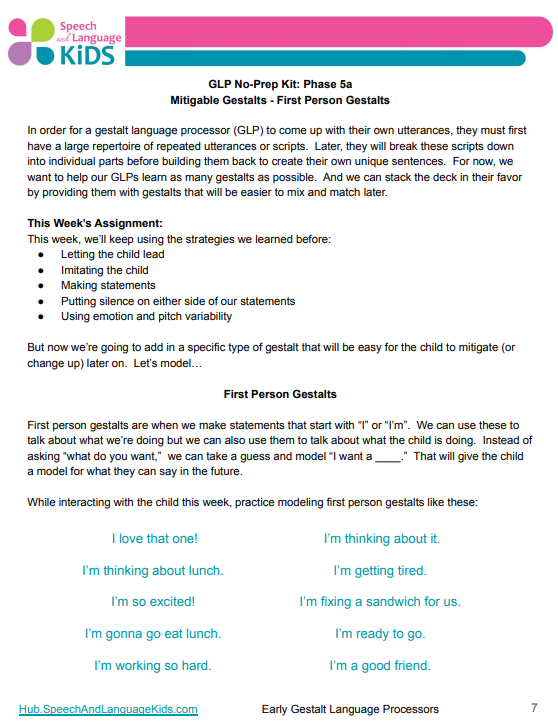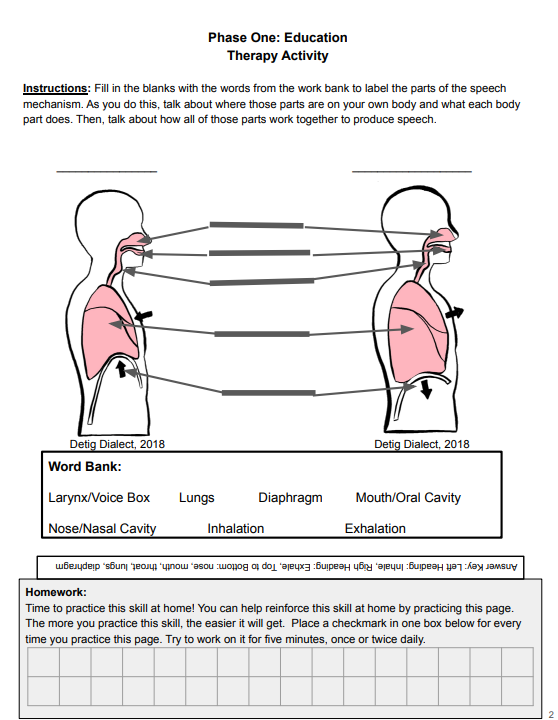Sarah’s “Free” Speech Therapy Materials:
Sarah used to spend hours every week scouring the web for free therapy materials and “fresh ideas” for her speech therapy sessions.



Sure, those “free speech therapy PDFs” got her through each session…but they took forever to find and prep and the random one-off activities weren’t actually moving the needle for her clients. It just seemed like busy work.
But one day, Sarah’s colleague Anya told her that she’d switched to the SLK Curriculum, and it had changed everything. Her sessions were smoother, her clients were thriving, and she actually had time to enjoy her evenings again!


Sarah saw there was a free trial, so she thought…why not?? Within minutes of signing up, she had a week of ready-to-go activities, perfectly scaffolded to her clients’ goals. For the first time in years, she saw a clear, step-by-step path to real progress.
By the next week, Sarah had planned an entire month of therapy for her entire caseload – stress-free! And her clients were more engaged in sessions than ever before, thanks to the AI-Powered Material Generators that were creating custom practice materials on whatever wild topic they came up with each day.


That month, Sarah’s clients made faster progress than ever before. She left work on time, slept better, and actually had time for relaxing and spending time with her friends and family again! The endless hunt for “freebies” was over – she’d finally found a repeatable system that worked.
Our “Free” Speech Therapy Materials:
Try out all of our SLK Curriculums for free for 7 days and discover why having a structured, step-by-step program is better than stringing together random activities.
Join thousands of other SLPs, Caregivers, and Educators who are already seeing faster progress with the SLK Curriculums.

About the Author: Carrie Clark, MA CCC-SLP
Hi, I’m Carrie! I’m a speech-language pathologist from Columbia, Missouri, USA. I’ve worked with children and teenagers of all ages in schools, preschools, and even my own private practice. I love digging through the research on speech and language topics and breaking it down into step-by-step plans for my followers.
Fun Fact: My favorite nickname given to me by a client was Scary. He heard me say I was “Miss Carrie” but didn’t quite get the /mI/ part so he decided my name was “Scary”. He even said it in a spooky voice to complete the vibe. It was hilarious! What’s your favorite name given to you by a client?
Connect with Me:


